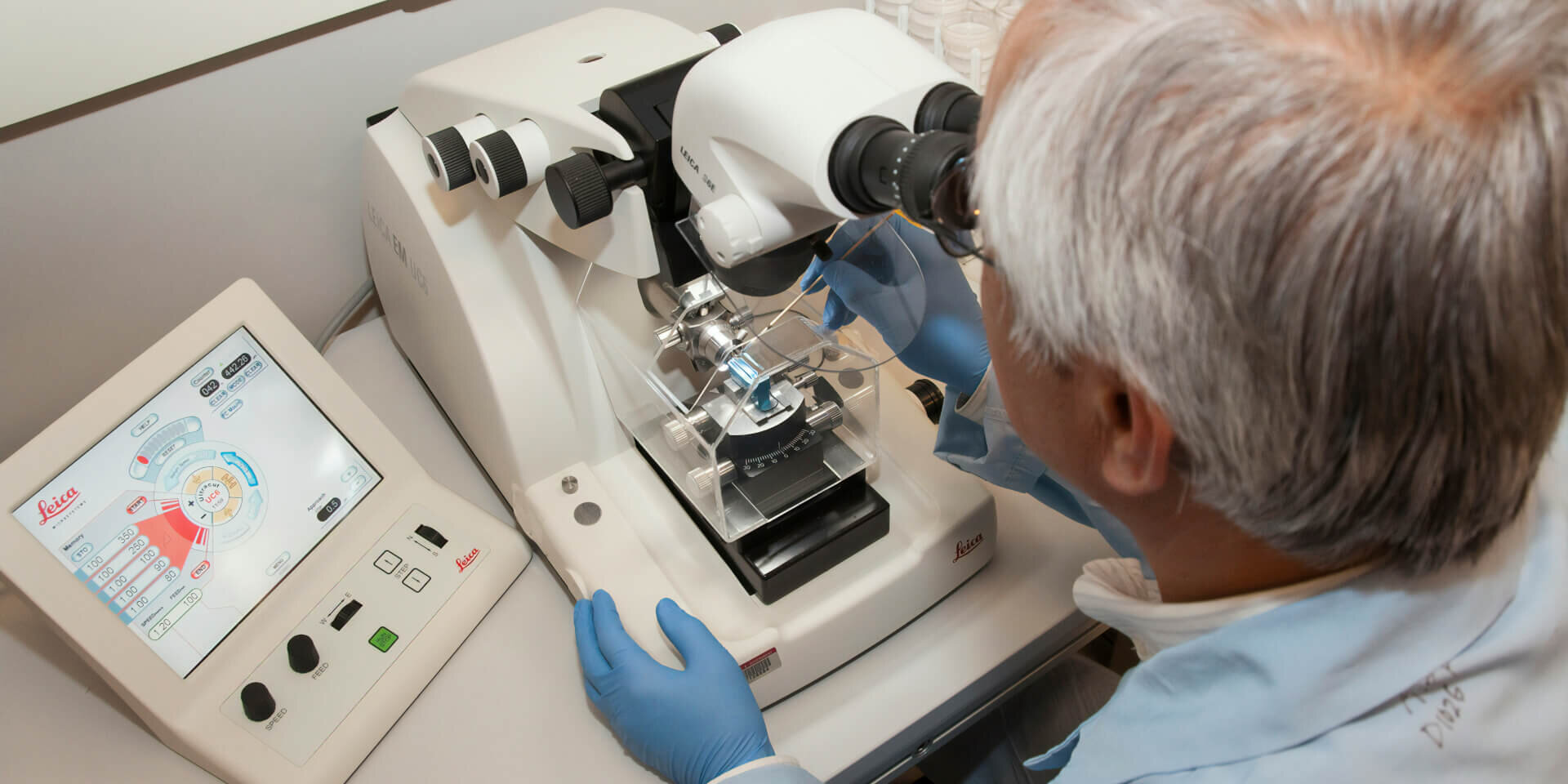
As part of Advancing Drug Discovery: A Webinar Series of the National Academies of Sciences, Engineering and Medicine, this is a two part series on AI in Drug Design. The 60-minute session will consist a presentation from Dr. Marinka Zitnik, Assistant Professor at Harvard in the Department of Biomedical Informatics, and a Q+A session.
The second part of this workshop focuses on using AI for clinical drug development in matching candidate drugs to patient benefits, predicting drug safety, finding potential drug combinations, and identifying promising drug repurposing opportunities. The session introduces TxGNN, a knowledge graph for predicting therapeutic uses across diseases, highlighting its potential for drug repurposing in rare diseases. TxGNN’s predictions are evaluated against clinical prescriptions in over 1.2 million medical records. This segment illustrates AI’s role in developing new therapies, ensuring they are delivered to the right patient at the right time, and achieving consistent medicinal effects. Finally, the webinar includes Therapeutics Commons, a global initiative to access and evaluate AI across therapeutic modalities (including small molecules, macro-molecules, cell and gene therapies) and stages of drug discovery (spanning from molecular design and target nomination to modelling efficacy, safety, and drug repurposing). The Commons offers benchmarks, leader boards, and model hubs with pre-trained models and multimodal datasets to facilitate the use of AI in therapeutic science.
Registration and information about AI in Drug Design: Part I – Molecular Drug Discovery on 26 March
Marinka Zitnik is an Assistant Professor at Harvard in the Department of Biomedical Informatics with additional appointments at the Kempner Institute for the Study of Natural and Artificial Intelligence at Harvard University, Broad Institute of MIT and Harvard, and Harvard Data Science. Zitnik investigates the foundations of AI that contribute to the scientific understanding of medicine and therapeutic design, eventually enabling AI to learn on its own and acquire knowledge autonomously. Her research won several best paper and research awards, including Kavli Fellowship of the National Academy of Sciences, awards from International Society for Computational Biology, International Conference in Machine Learning, Bayer Early Excellence in Science, Amazon Faculty Research, Google Faculty Research, Roche Alliance with Distinguished Scientists, and Sanofi iDEA-iTECH Award. She founded Therapeutics Data Commons, a global open-science AI foundation to advance therapeutic science and is the faculty lead of the AI4Science initiative.
Ana Ferreras – [email protected]
Photo by National Cancer Institute on Unsplash